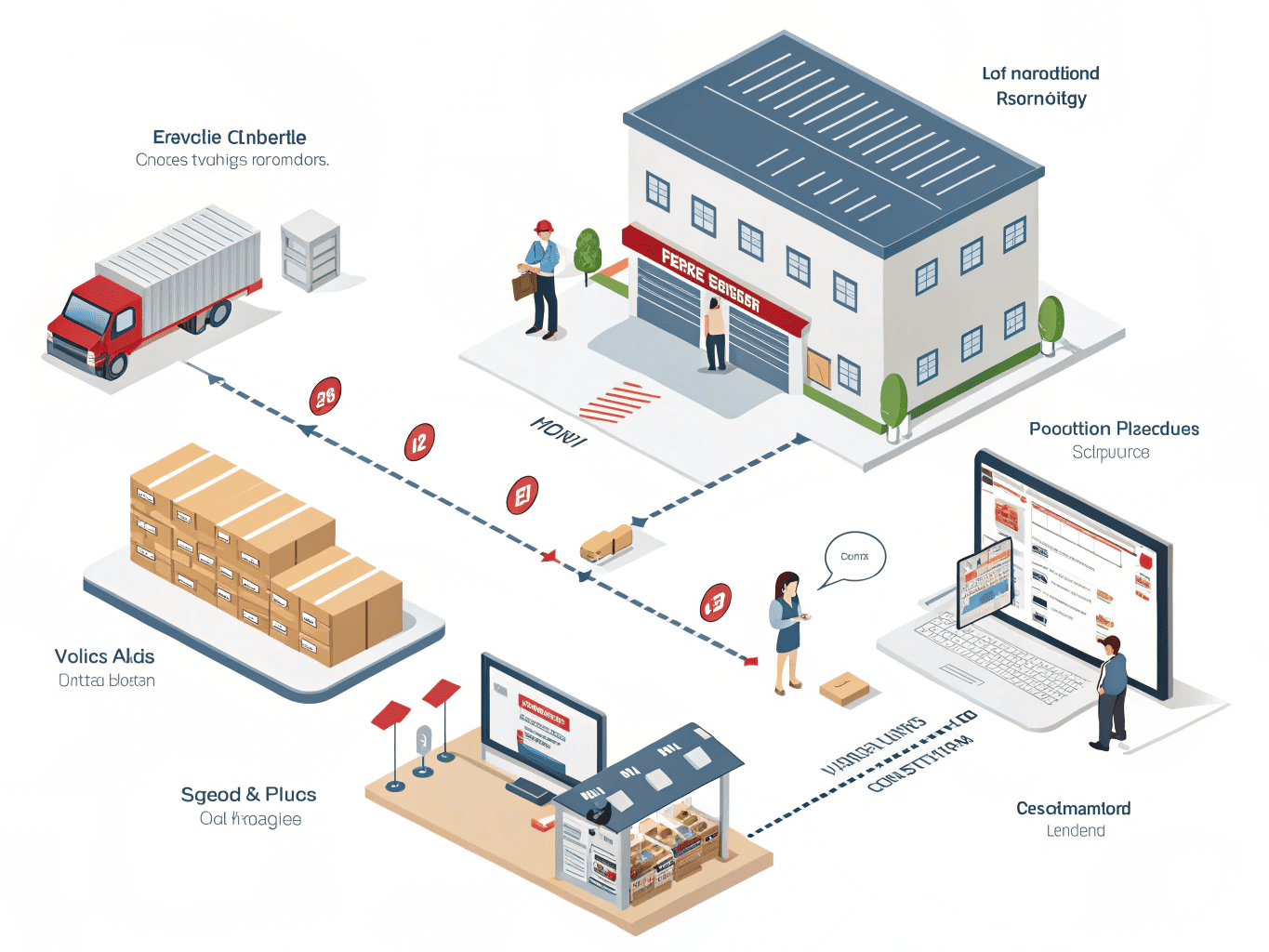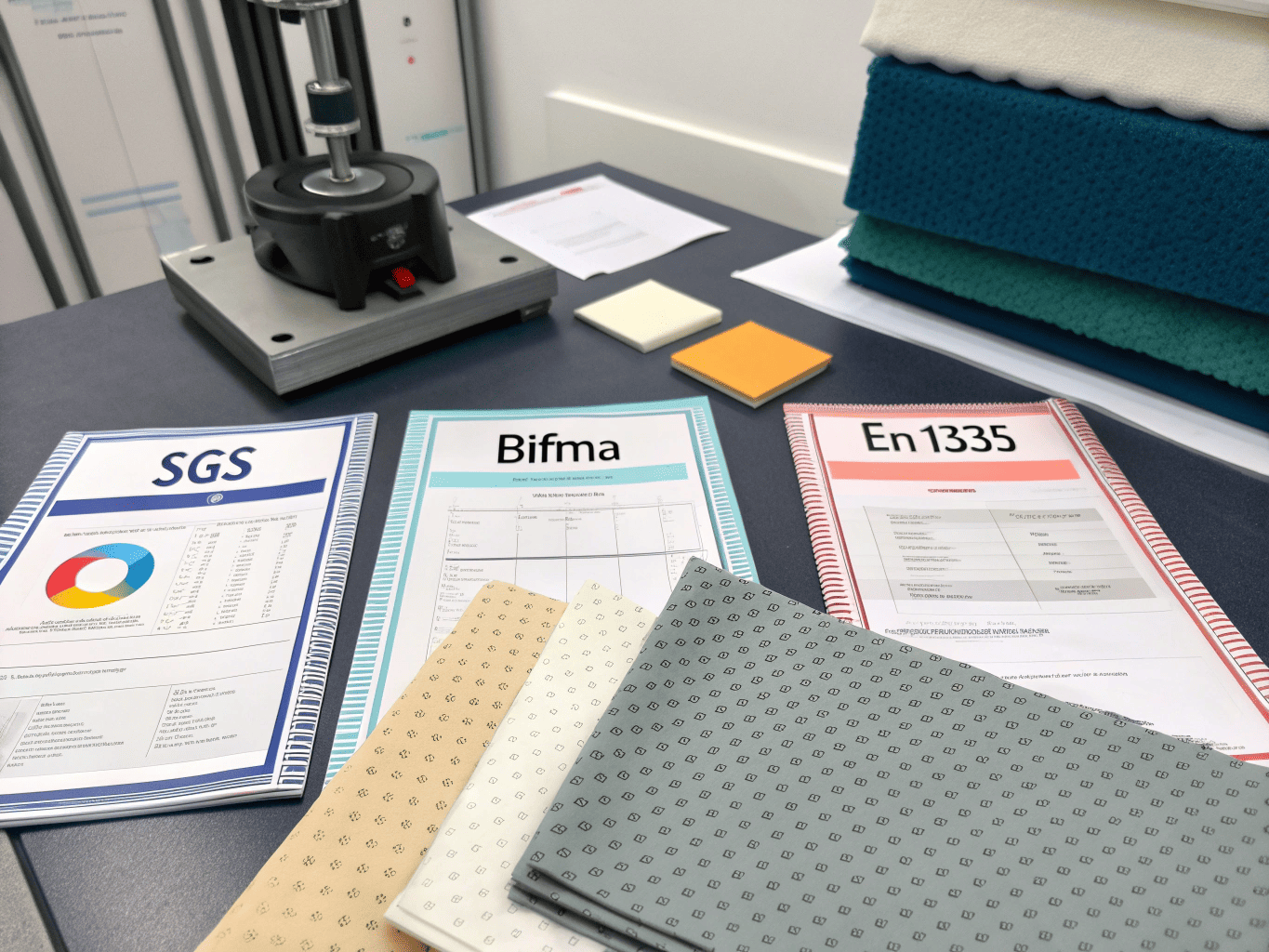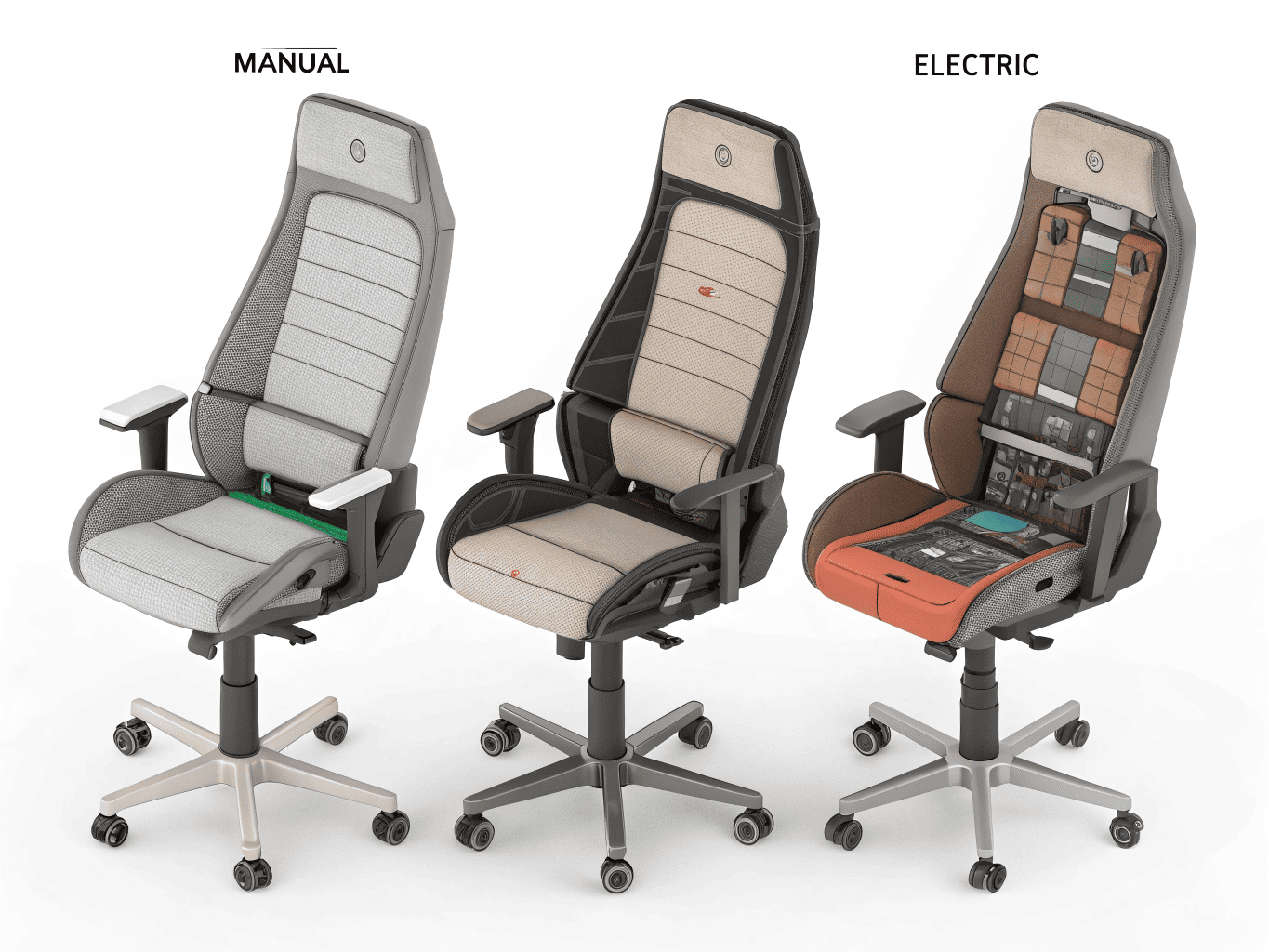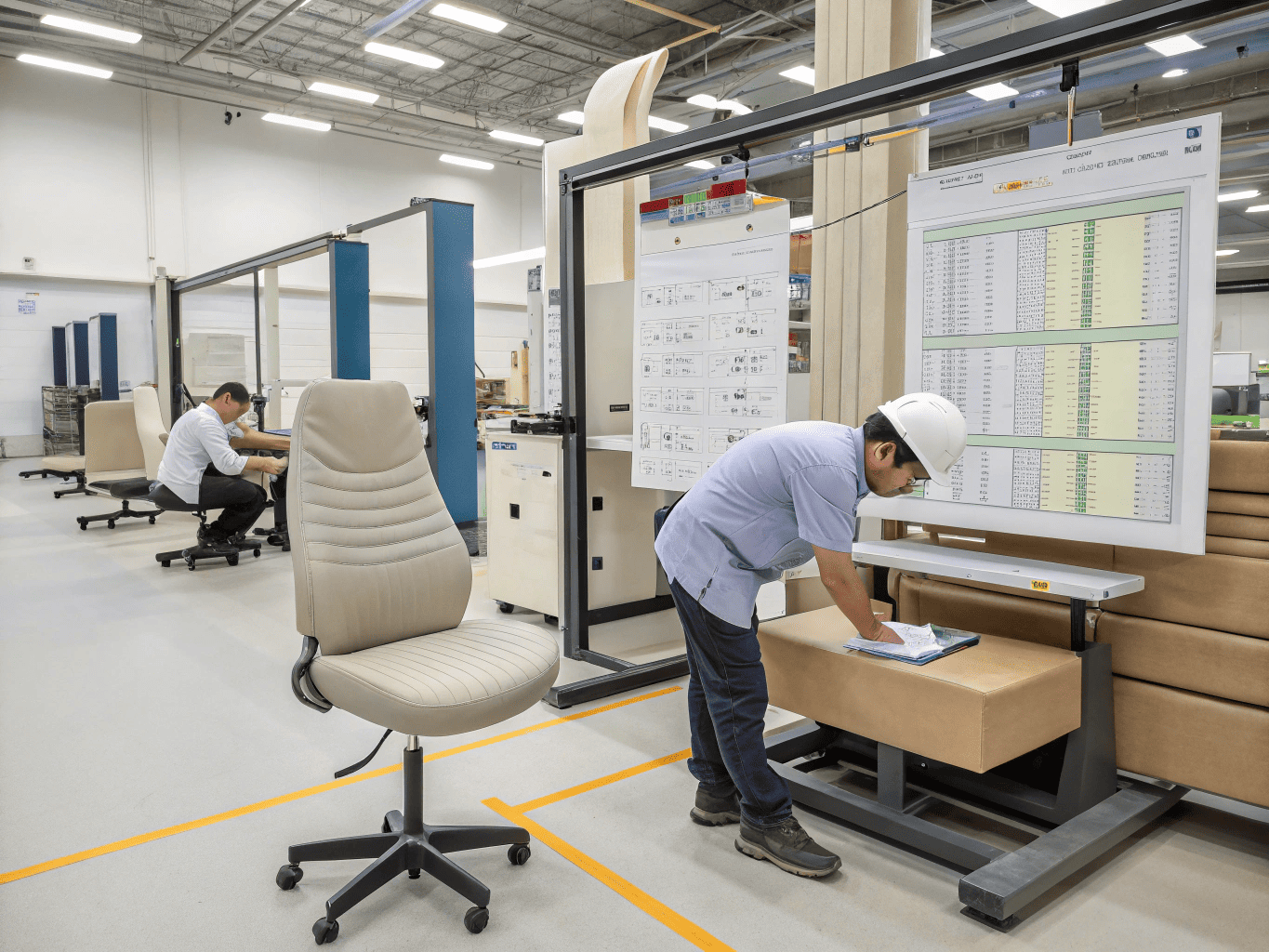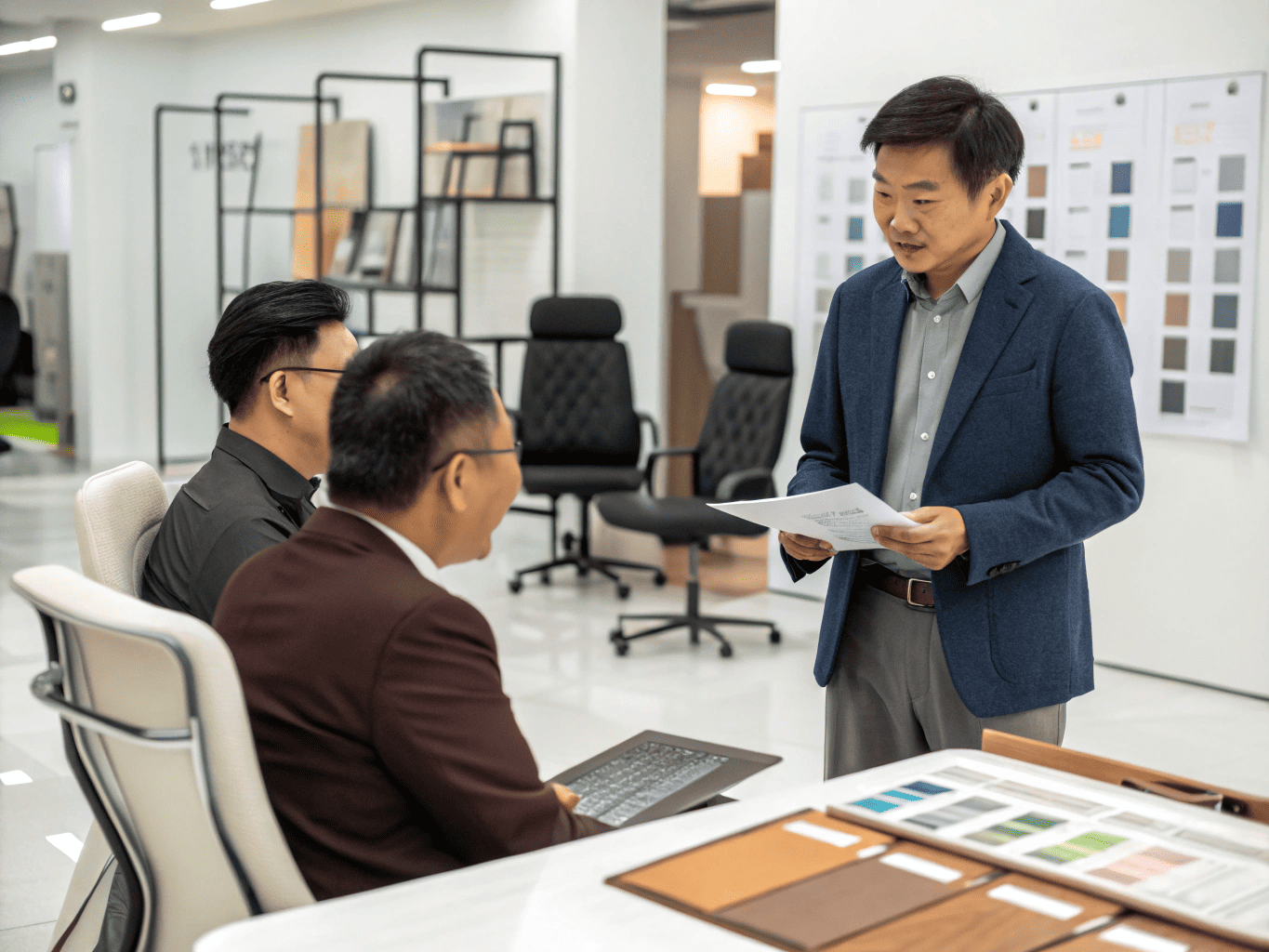Finding a factory that just sells furniture is easy. Finding one that truly supports your growth as a dealer—that’s harder. Many dealers choose the wrong partner and lose time, money, and trust.
A good factory partner helps office furniture dealers grow by offering quality, flexibility, and consistent support—not just low prices.

Many factories look the same on paper. But behind the scenes, some cut corners, avoid responsibility, or disappear after payment. Here’s how to spot the right partner before you place your first order.
What Makes a Factory the Right Partner for Office Furniture Dealers?
Some factories are big. Some are cheap. Some promise fast shipping. But none of that matters if they don’t align with your real needs as a dealer.
The right factory partner for office furniture dealers1 is one that understands your business, supports your projects, and helps you stay competitive.
Three Signs of a Strong Partner
| Criteria | Poor Factory | Right Factory |
|---|---|---|
| Relationship Focus | One-time buyer | Long-term growth partner |
| Understanding | Doesn’t know your market | Knows dealer business models |
| Flexibility | Fixed MOQ, slow response | Adjusts to order size, offers solutions |
Key Factors to Evaluate When Choosing a Furniture Manufacturer
When the product looks good and the price is low, it’s tempting to order right away. But that often leads to regrets—delays, quality issues, or poor after-sales.
Dealers should evaluate a furniture factory’s capabilities2, workflow, stability, and track record before committing to production.
What Really Matters
| Factor | What to Look For |
|---|---|
| Factory Scale | In-house production, not just trading |
| Testing Equipment | SGS/BIFMA/EN tests, internal durability testing |
| QC Process | Photos, reports, traceable inspections |
| Production Timeline | Real lead time vs. promises |
| Payment Terms | Flexible and secure |
| After-Sales Support | Parts, response time, claims handling |
Why Factory Certifications and Testing Systems Matter
Some suppliers skip testing to save time. Others fake certificates. Dealers who rely on those factories often end up with claims, bad reviews, or even customs issues.
Factory certifications and real testing systems prove that your supplier is serious about product safety, quality, and global standards.
What You Should Ask For
| Area | Documents or Evidence to Request |
|---|---|
| Material Compliance | REACH, CA117, BS5852, etc. |
| Strength Testing | SGS/BIFMA/EN1335 load tests |
| Internal Testing | Factory lab photos, foam durability tests |
| Certification Validity | Third-party reports with date & sample ID |
Which Materials and Mechanisms Dealers Should Ask About
Even if two chairs look similar, the material and internal parts can be totally different. That affects price, comfort, and product life.
Dealers should understand the mechanism type, foam density, frame structure, and upholstery options before placing any order.
What to Discuss in Detail
| Component | What to Clarify |
|---|---|
| Recline Mechanism | Manual, electric, brand (e.g., OKIN, JLD) |
| Foam | Density (kg/m³), rebound rate |
| Base Frame | Steel gauge, welding points |
| Upholstery | Fabric type, rub count, fire resistance |
| Packaging | Knock-down or assembled, sea-worthy packaging |
How Transparent Communication Reduces Project Risk
Silence kills trust. When a factory disappears after deposit or fails to report delays, the dealer is left guessing—and exposed.
Transparent communication means real updates, shared decisions, and visible accountability. It prevents delays and protects your customer relationships.
What Real Transparency Looks Like
| Process Area | What You Should Receive |
|---|---|
| Pre-Production | PI with detailed specs, order confirmation flow |
| During Production | Weekly photo/video updates, QC midpoints |
| Before Shipping | Packaging photo, loading confirmation |
| After Delivery | Feedback loop, claim handling contacts |
Manufacturer’s Note: How We Support Dealers with Long-Term Value
Over the past 12 years, we’ve worked with office chair and sofa dealers in over 30 countries—from North America to Eastern Europe to Southeast Asia. One thing we’ve learned is this: dealers don’t just need a product—they need reliability, flexibility, and partnership.
When we work with B2B buyers, we focus on three pillars:
- Transparency: We proactively send test reports, real factory photos, and production updates—before buyers even ask.
- Customization: From frame color to carton printing, we help dealers create products that match their brand without high MOQ pressure.
- Support: If a dealer’s project is urgent, we adjust internal production flow to make it work.
We’ve seen buyers leave factories because of vague answers, untested products, or late shipments. That’s why we’ve built internal systems to avoid those risks—dedicated testing lab, structured QC records, and a bilingual team that understands urgency.
Conclusion
A successful office furniture business doesn’t depend on the cheapest supplier. It depends on the right one.
If you’re looking for a reliable factory partner for office furniture dealers, ask questions. Check certificates. Request real updates.
The right factory will welcome your due diligence—and support you like a true partner.

